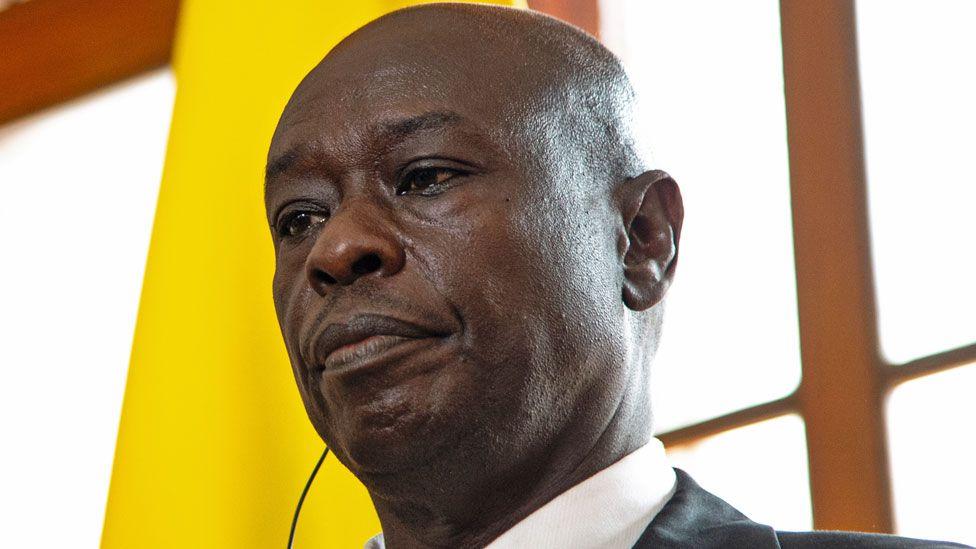In a dramatic turn of events in Kenyan politics, senators have voted to remove Deputy President Rigathi Gachagua from office, marking a significant moment in the country’s recent history. Gachagua, who had been summoned to testify in his impeachment trial, failed to appear, citing health reasons as he was reportedly hospitalized due to chest pains. His absence sparked immediate controversy as his defense team requested a postponement. However, the Senate, displaying urgency and determination, opted to proceed with the trial without him. This decision underscored the growing political rift between Gachagua and President William Ruto that had been escalating over recent months.
Despite the gravity of the situation, Gachagua had maintained a strong front, labeling the impeachment as a “political lynching” and denying all eleven charges against him that included claims of inciting ethnic divisions and violations of his oath of office. As events unfolded, the senators reviewed the evidence and testimonies presented over two days. Ultimately, they upheld five of the charges against him, which were sufficient to trigger his removal from office, while dismissing the other six charges related to corruption and money laundering. This vote came shortly after Gachagua had been impeached by a significant majority in the National Assembly, setting the stage for his Senate trial.
Gachagua’s downfall contrasts sharply with the political alliance he had forged with President Ruto just two years prior, as they came to power together. However, tensions began to surface when Gachagua publicly criticized the president in June for alleged failures concerning government responses to mass protests against unpopular tax increases. His comments were seen as an affront to Ruto’s authority, particularly coming at a time when the president was compelled to retract the contentious tax hikes which had caused widespread dissatisfaction among the populace.
The ramifications of Gachagua’s impeachment reach beyond personal implications; they herald a consolidation of power for Ruto in a government that had been laced with infighting and internal disputes. The political landscape in Kenya is evolving rapidly, with implications for governance and stability as Ruto navigates the repercussions of Gachagua’s removal. Analysts suggest that Ruto’s decisive actions against his deputy reflect a strategic move to secure his administration against further dissent and ensure a unified front amid ongoing political challenges.
As attention turns to potential successors for Gachagua’s vacated position, speculation has arisen around several notable figures, including Murang’a County Governor Irungu Kang’ata, Kirinyaga County Governor Anne Waiguru, Interior Minister Kithure Kindiki, and Foreign Affairs Minister Musalia Mudavadi. These prospective candidates reflect Ruto’s need to strengthen loyalties and solidify his political base, especially in light of the challenges his government faces ahead. The implications of Gachagua’s removal will likely resonate through Kenyan politics as Ruto seeks to stabilize his administration by appointing a deputy who aligns more closely with his vision and policies.
In conclusion, the impeachment of Deputy President Rigathi Gachagua represents not only a significant shift in Kenya’s political dynamics but also highlights the possible fragility of political alliances amid pressures from public dissent and internal power struggles. Gachagua’s absence from the Senate during a critical trial, coupled with the overwhelming vote for his removal, illustrates the precarious position of political figures who may find themselves at odds with the prevailing powers. As the nation moves forward, all eyes will be on Ruto and his newly shaped cabinet, as they confront a landscape increasingly marked by personal ambition, loyalty, and the search for legitimacy in leadership.

